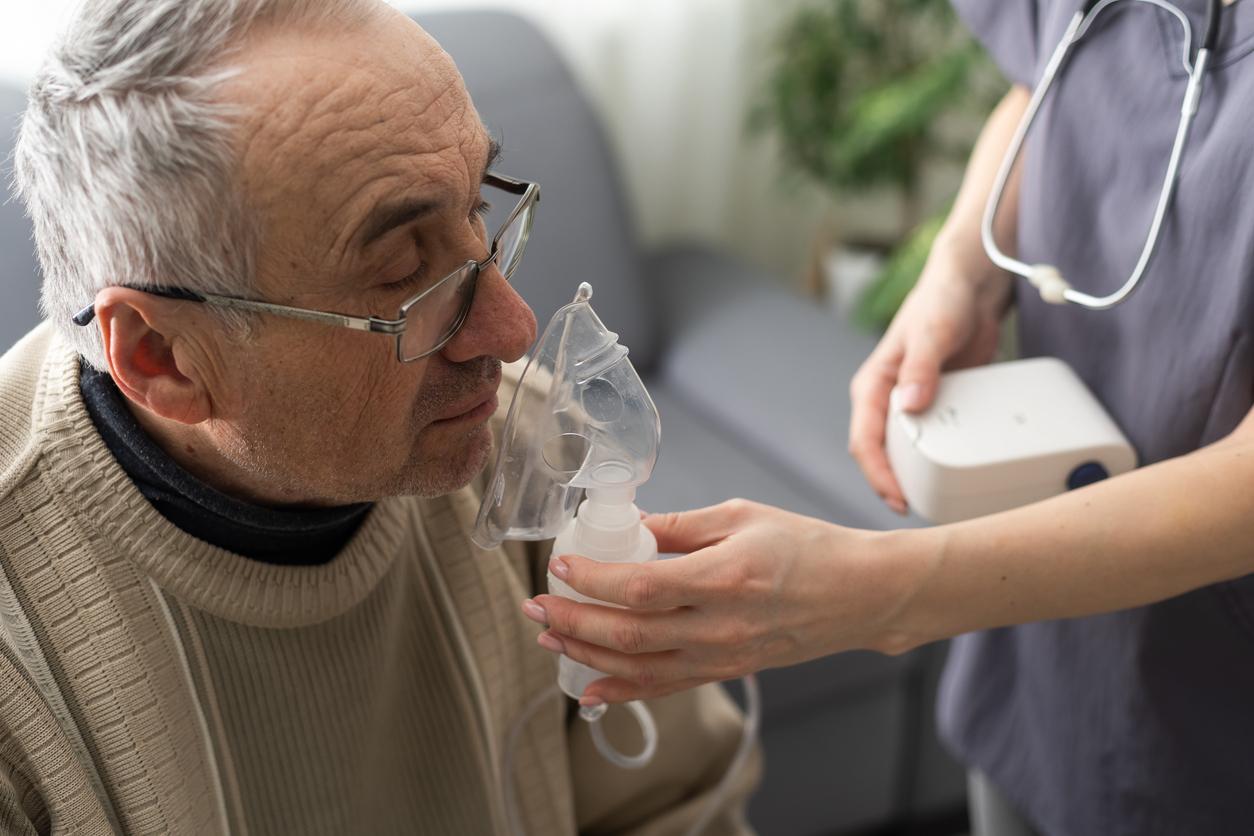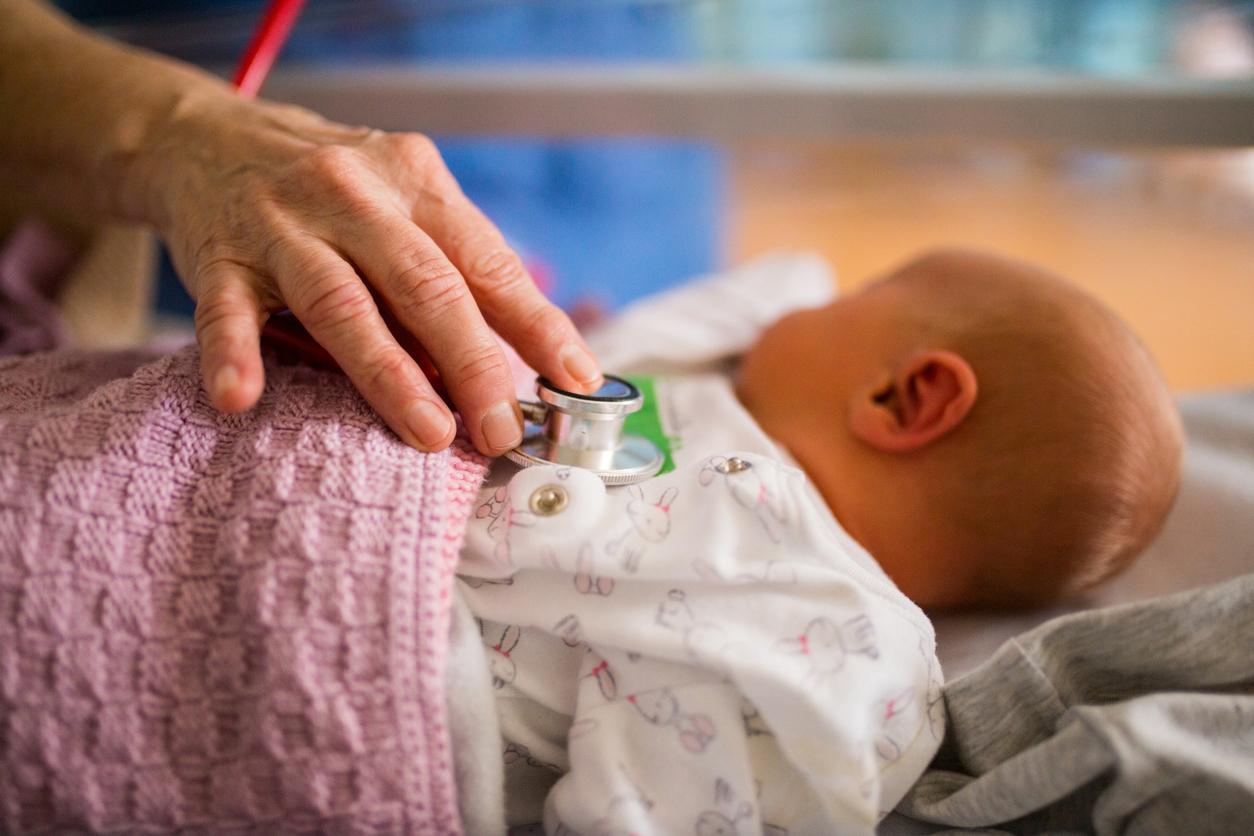American scientists have discovered 4 factors that favor the occurrence of a long Covid. These would make it possible to know which people are most likely to develop this long form of the coronavirus.

- In general, patients with a long Covid suffer from fatigue, respiratory symptoms, pain, skin problems, digestive disorders or even sensory abnormalities.
- People with type 2 diabetes, having a high level of SARS-CoV-2 RNA in the blood, showing reactivation of the Epstein-Barr virus and specific autoantibodies, are more likely to develop a long Covid.
- These four factors can be identified at the time of the diagnosis of the virus and would make it possible to anticipate whether a patient is more at risk of developing this long form of the coronavirus.
20%. This is the proportion of French people who still feel symptoms of Covid-19, five weeks after an infection with the coronavirus, according to the Haute Autorité de Santé (HAS). More than 10% of patients have a long Covid three months after contamination. But how do you know if you are at risk of suffering from this long form of the disease? Recently, researchers from the Institute for Systems Biology, a biomedical research organization located in Seattle (USA), revealed that they had identified 4 factors that would predict the onset of persistent Covid.
What are the risk factors for a long Covid?
The scientists unveiled their discovery in a study published in the scientific journal Cell January 24. For the purposes of the work, they followed 309 people affected by the coronavirus for three months. They examined the symptoms reported by the patients, their blood samples and nasopharyngeal swabs. From this analysis, the study authors discovered four risk factors predicting the occurrence of sequelae of Covid-19 at the time of diagnosis. These include the presence of specific autoantibodies, type 2 diabetes, high levels of SARS-CoV-2 RNA in the blood, and reactivation of the Epstein-Barr virus.
According to the researchers, the Epstein-Barr virus (EBV), which infects 90% of the human population and is normally inactive in the body after infection, could be reactivated after infection with Covid-19. “This may be related to immune dysregulation during infection,” said Dr. Yapeng Su, co-author of the study in a statement.
“We find that immunological associations between Covid-19 sequelae factors decrease over time, leading to distinct immune convalescent states,” can we read in the study. Professor Jim Heath, president of the Institute for Systems Biology and co-author of the study, indicated that the identification of these risk factors for long Covid was “a big step not only to understand this form of the disease and potentially treat it, but also to know which patients are most at risk of developing chronic conditions”.
Below, our program “My Life with…”, the testimony of a patient with long Covid:
.

















